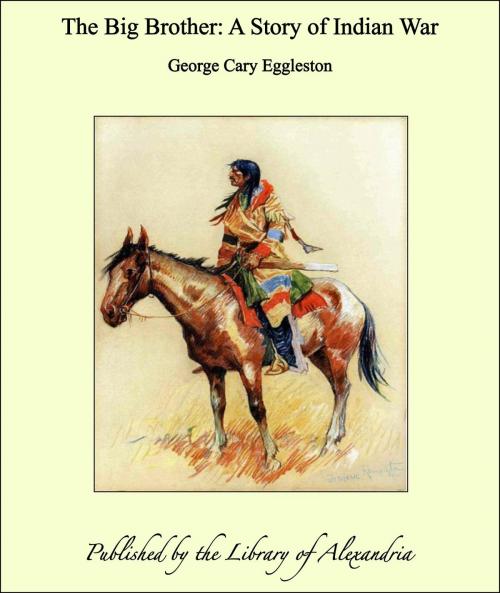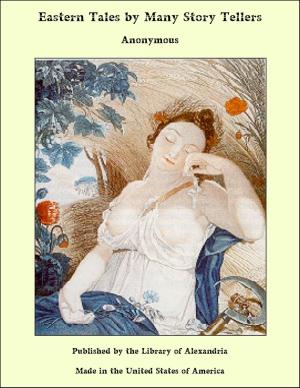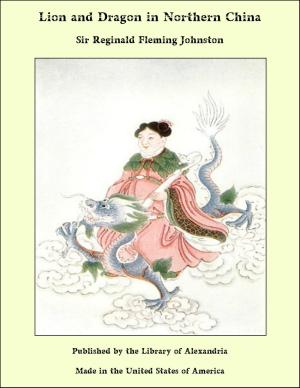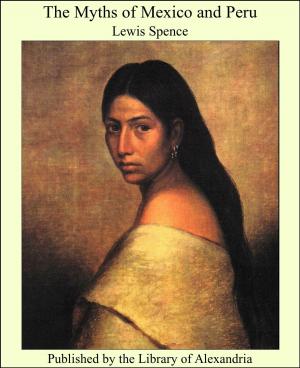The Big Brother: A Story of Indian War
Nonfiction, Religion & Spirituality, New Age, History, Fiction & Literature| Author: | George Cary Eggleston | ISBN: | 9781465554888 |
| Publisher: | Library of Alexandria | Publication: | March 8, 2015 |
| Imprint: | Language: | English |
| Author: | George Cary Eggleston |
| ISBN: | 9781465554888 |
| Publisher: | Library of Alexandria |
| Publication: | March 8, 2015 |
| Imprint: | |
| Language: | English |
In the quiet days of peace and security in which we live it is difficult to imagine such a time of excitement as that at which our story opens, in the summer of 1813. From the beginning of that year, the Creek Indians in Alabama and Mississippi had shown a decided disposition to become hostile. In addition to the usual incentives to war which always exist where the white settlements border closely upon Indian territory, there were several special causes operating to bring about a struggle at that time. We were already at war with the British, and British agents were very active in stirring up trouble on our frontiers, knowing that nothing would so surely weaken the Americans as a general outbreak of Indian hostilities. Tecumseh, the great chief, had visited the Creeks, too, and had urged them to go on the war path, threatening them, in the event of their refusal, with the wrath of the Great Spirit. His appeals to their superstition were materially strengthened by the occurrence of an earthquake, which singularly enough, he had predicted, threatening that when he returned to his home he would stamp his foot and shake their houses down. Their own prophets, Francis and Singuista, had preached war, too, telling the Indians that their partial adoption of civilization, and their relations of friendship with the whites, were sorely displeasing to the Great Spirit, who would surely punish them if they did not immediately abandon the civilization and butcher the pale-faces. Francis predicted, also, that in the coming struggle no Indians would be killed, while the whites would be completely exterminated. All this was promised on condition that the Indians should become complete savages again, quitting all the habits of industry and thrift which they had been learning for some years past, and fighting mercilessly against all whites, sparing none. All these things combined to bring on the war, and during the spring several raids were made by small bodies of the Indians, in which they were pretty severely punished by the whites.
In the quiet days of peace and security in which we live it is difficult to imagine such a time of excitement as that at which our story opens, in the summer of 1813. From the beginning of that year, the Creek Indians in Alabama and Mississippi had shown a decided disposition to become hostile. In addition to the usual incentives to war which always exist where the white settlements border closely upon Indian territory, there were several special causes operating to bring about a struggle at that time. We were already at war with the British, and British agents were very active in stirring up trouble on our frontiers, knowing that nothing would so surely weaken the Americans as a general outbreak of Indian hostilities. Tecumseh, the great chief, had visited the Creeks, too, and had urged them to go on the war path, threatening them, in the event of their refusal, with the wrath of the Great Spirit. His appeals to their superstition were materially strengthened by the occurrence of an earthquake, which singularly enough, he had predicted, threatening that when he returned to his home he would stamp his foot and shake their houses down. Their own prophets, Francis and Singuista, had preached war, too, telling the Indians that their partial adoption of civilization, and their relations of friendship with the whites, were sorely displeasing to the Great Spirit, who would surely punish them if they did not immediately abandon the civilization and butcher the pale-faces. Francis predicted, also, that in the coming struggle no Indians would be killed, while the whites would be completely exterminated. All this was promised on condition that the Indians should become complete savages again, quitting all the habits of industry and thrift which they had been learning for some years past, and fighting mercilessly against all whites, sparing none. All these things combined to bring on the war, and during the spring several raids were made by small bodies of the Indians, in which they were pretty severely punished by the whites.















